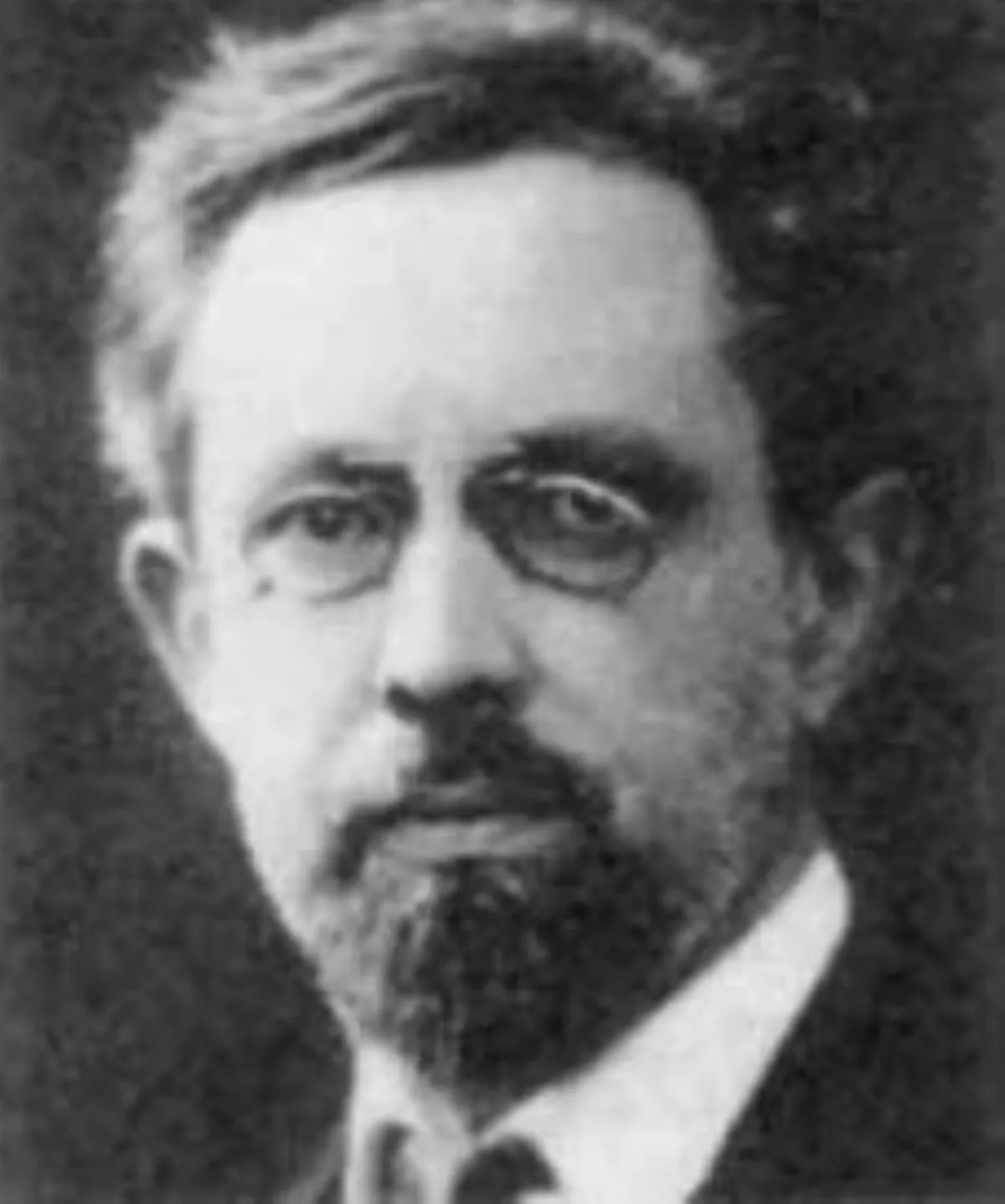 1.
1. Werner Sombart was born in Ermsleben, Harz, the son of a wealthy liberal politician, industrialist, and estate-owner, Anton Ludwig Sombart.

 1.
1. Werner Sombart was born in Ermsleben, Harz, the son of a wealthy liberal politician, industrialist, and estate-owner, Anton Ludwig Sombart.
Werner Sombart studied law and economics at the universities of Pisa, Berlin, and Rome.
Werner Sombart was not the first sociologist to devote an entire book to the concept of social movement as he did in his Sozialismus und soziale Bewegung, published in 1896.
Werner Sombart's magnum opus, Der moderne Kapitalismus is a systematic history of economics and economic development through the centuries and very much a work of the Historical School.
In 1903, Werner Sombart accepted a position as associate editor of the Archiv fur Sozialwissenschaft und Sozialpolitik, where he worked with his colleagues Edgar Jaffe and Max Weber.
In 1906, Werner Sombart accepted a call to a full professorship at the Berlin School of Commerce, an inferior institution to Breslau but closer to political "action" than Breslau.
Werner Sombart's 1911 book, Die Juden und das Wirtschaftsleben, is an addition to Max Weber's historic study of the connection between Protestantism and Capitalism, with Werner Sombart documenting Jewish involvement in historic capitalist development.
Werner Sombart argued that Jewish traders and manufacturers, excluded from the guilds, developed a distinctive antipathy to the fundamentals of medieval commerce, which they saw as primitive and unprogressive: the desire for 'just' wages and prices; for an equitable system in which shares of the market were agreed and unchanging; profits and livelihoods modest but guaranteed; and limits placed on production.
Paul Johnson, who considers the work "a remarkable book", notes that Werner Sombart left out some inconvenient truths, and ignored the powerful mystical elements of Judaism.
Werner Sombart refused to recognize, as Weber did, that wherever these religious systems, including Judaism, were at their most powerful and authoritarian, commerce did not flourish.
At last, in 1917, Werner Sombart became professor at the Friedrich Wilhelm University, succeeding his mentor Adolph Wagner.
Werner Sombart remained in the chair until 1931 but continued teaching until 1940.
However, because Werner Sombart's approach has much in common with Hans-Georg Gadamer's Hermeneutics, which likewise is a Verstehen-based approach to understanding the world, he is coming back in some sociological and even philosophical circles that are sympathetic to that approach and critical towards the scientification of the world.